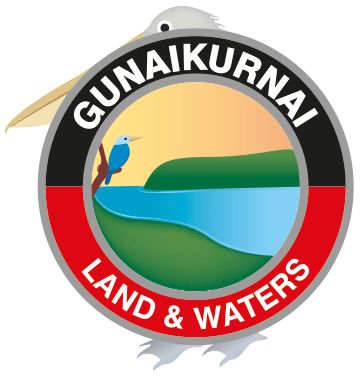GLaWAC hosts a working on Country Masterclass
15 October 2019
GLaWAC recently hosted over 25 researchers from Monash University’s Indigenous Studies Centre and the Australian Research Council Centre of Excellence for Australian Biodiversity and Heritage (CABAH), for a Masterclass and field-trip.
The participants were welcomed to country and heard from leading CABAH researchers and GLaWAC’s Cultural Heritage team about Indigenous protocols and processes on working on country, and what partnership research means from an Indigenous perspective. Participants also undertook a field trip to the East Gippsland Lake where partnership research with Monash University and CABAH is underway.
There are three main areas of research across Gippsland: archaeological excavations at Cloggs Cave and other ancestral cultural sites near Buchan; pollen research from local swamps to work out what past environments stretching back thousands of years were like in East Gippsland; and on-the-ground ranger training in both archaeological and environmental research.
Cloggs Cave was originally excavated in the early 1970s, and researchers are re-studying the area and discovering valuable new information as a result of current scientific methods that incorporate multiple disciplines and new technologies.
GLaWAC’s Registered Aboriginal Party Manager, Russell Mullett said that an important part of the Corporation’s work was cultural heritage protection and education, and research partnerships such as the one with CABAH and Monash University are vital to preserving and understanding of Gunaikurnai culture.
“GLaWAC has slowly begun working with researchers from the Monash Indigenous Studies Centre under the leadership of Professor Bruno David since the signing of a Memorandum of Understanding in October 2018. The success of the research partnership is the respectful sharing of culture and knowledge, and this Masterclass was a great opportunity for participants to see Country through the eyes of Traditional Owners,” Mr Mullett said.
Professor Bruno David said that each archaeological project is a partnership between peoples with varied cultural perspectives, between science and culture, and between the university researchers and the communities he works with.
“Researching the history of peoples and communities needs to start from the present. Even if we are looking at something that is 40,000 years old, we don’t just go straight to those old sites; we start with discussions about why and how we should look at these sites today. It is fundamental that research agendas are worked out together, so that the university researchers working on a project help work on questions that are also of importance to those whose story is being written about,” Professor David said.




